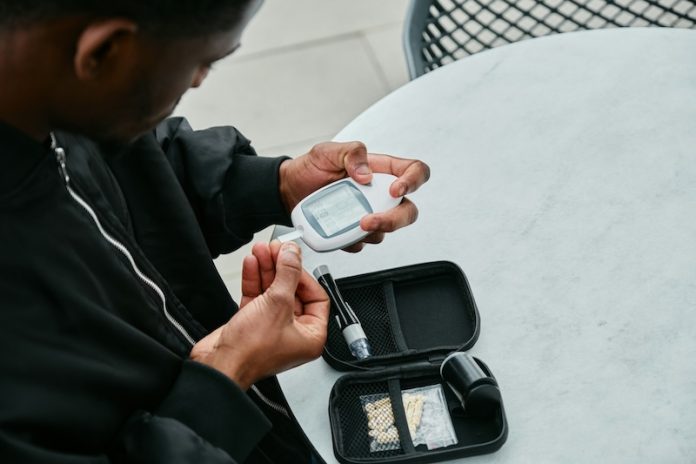
Diabetes is a condition where there is too much sugar in the blood. Over time, this can become harder to control. Some medicines can help, and one of them is called semaglutide.
A big study led by Dr. John Buse and other researchers looked at how different doses of semaglutide help people with diabetes. Their findings were published in the medical journal The Lancet.
The study showed that people who took 25 mg or 50 mg of semaglutide every day had better blood sugar levels and lost more weight than those who took 14 mg.
Dr. Buse explained that smaller doses are already very good at lowering blood sugar. But the higher doses, like 50 mg, are better for helping people lose weight. In fact, people who took 50 mg lost about 17.5 pounds. That’s a lot more than those taking just 14 mg.
In the study, 1,606 people joined. Most were men around 58 years old. They were divided into three groups. One group took 14 mg, another took 25 mg, and the third took 50 mg of semaglutide daily for one year.
To check blood sugar, doctors use a test called A1C. A healthy level is below 7%. In this study, all the participants started with A1C levels between 8.0% and 10.5%. By the end, more people in the 25 mg and 50 mg groups were able to lower their A1C to below 7%.
The medicine also helped people eat less, which led to weight loss. After a year, the 50 mg group lost around 17.5 pounds, the 25 mg group lost about 14.8 pounds, and the 14 mg group lost around 10 pounds.
Like all medicines, semaglutide had some side effects. The most common one was an upset stomach. Some people felt like throwing up, especially with the higher doses. Others had diarrhea or constipation.
In short, semaglutide can help people with diabetes improve their blood sugar and lose weight. Higher doses seem to work better but may cause more stomach problems.
If you care about diabetes, please read studies about bananas and diabetes, and honey could help control blood sugar.
For more health information, please see recent studies about Vitamin D that may reduce dangerous complications in diabetes and results showing plant-based protein foods may help reverse type 2 diabetes.
Copyright © 2025 Knowridge Science Report. All rights reserved.



